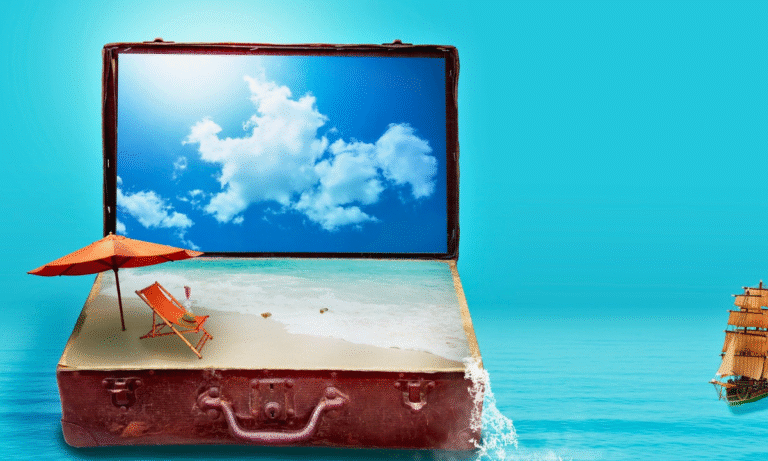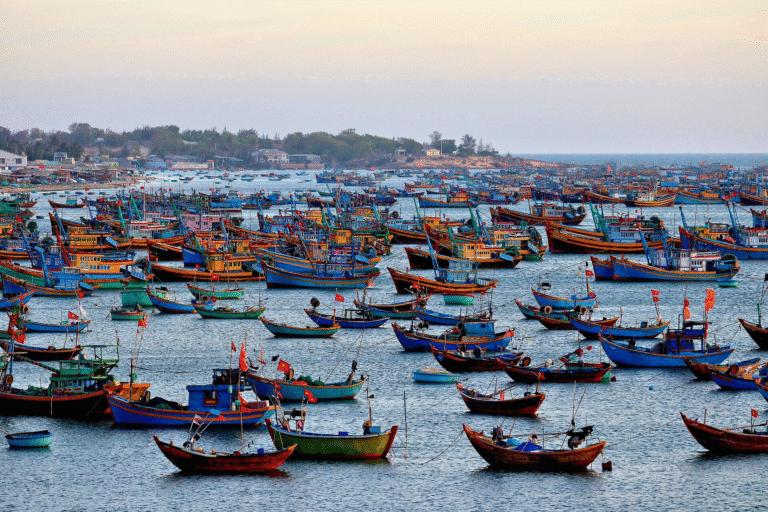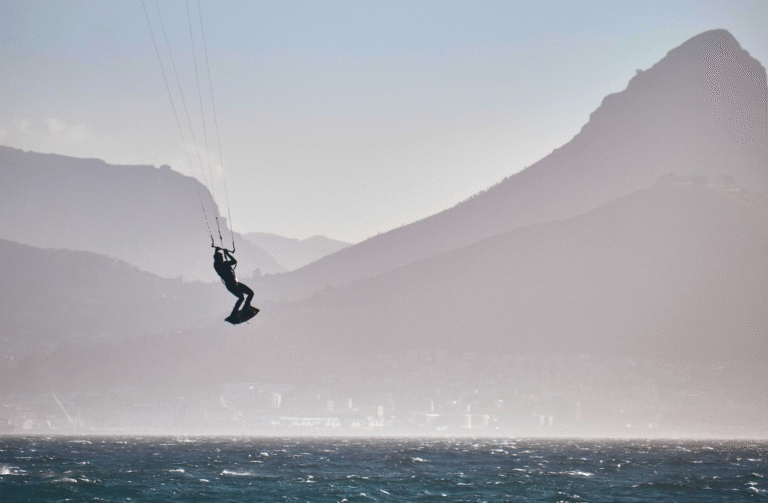How to Travel on a Budget Without Feeling Like You’re Missing Out
(Yes, You Can Eat Well, Stay Safe, and Still Take Cool Photos Without Spending a Fortune)
Let’s get one thing straight: budget travel doesn’t mean sleeping in bus stations and eating dry instant noodles every night. (Been there, no thanks.)

Advertisement
photo by :pixabay
Quick 20-Second Quiz 🏡
What’s the biggest decorating problem in your space right now?
It means traveling smarter, prioritizing what matters, and finding ways to make your money stretch further — without sacrificing the good stuff. I’ve taken trips with less than $300 in my bank account and still managed to eat delicious food, stay in clean beds, and make memories that weren’t sponsored by regret.
Here’s everything I’ve learned from traveling on a budget — the good, the bad, and the surprisingly genius.
Step 1: Know Your Priorities (What Matters to You?)
Some people can’t travel without fancy hotels. Others just want to hike volcanoes and crash in hostels.
Before you even start planning:
Are you a foodie? Save for meals and skip tours.
Love photography? Choose scenic spots and walk a lot.
Need comfort? Spend more on where you sleep, save on flights.
Budgeting doesn’t mean cutting everything — it means cutting the right things.
Step 2: The Budget Breakdown Formula That Works
Here’s how I usually split a small travel budget:
40% Accommodation
25% Food
15% Transport (local buses, metro, etc.)
10% Activities
10% Emergency + Random Snacks (very important)
It helps keep me in check when I suddenly feel like booking a private boat tour on a $200 budget.
Step 3: Where to Sleep Cheaply (But Safely)
Some of my best (and weirdest) memories came from budget stays.
Options that actually work:
Hostels with private rooms – cheaper than hotels, safer than dorms
Guesthouses and local homestays – often include meals and warm hosts
Trusted platforms like Booking.com (sort by “lowest price + highest rating”)
And yes, I’ve used Airbnb — but check the cleaning fees before you book. Some places charge more to sweep a floor than the room costs.
Step 4: Eat Like a Local (Or at Least Like You’re Not a Tourist)
Skip the restaurants with laminated menus and “English Breakfast” signs out front.
Here’s what works instead:
Street food. Always. (As long as it’s busy — crowds = fresh turnover)
Markets and bakeries = cheap, delicious, and perfect for picnics
Grocery stores: grab yogurt, fruit, and snacks for breakfast/lunch
Cook one meal a day if your place has a kitchen
Pro tip: Ask your host or a cashier, “Where would you eat?” You’ll rarely be steered wrong.
Step 5: Save Big on Flights and Trains
The earlier you book, the cheaper it gets. Obvious, yes, but still true.
Best tools I use:
Google Flights for flexible date searching
Skyscanner with the “Everywhere” feature
Omio or Rome2Rio for comparing buses, trains, and cheap transfers
Also: consider overnight buses or trains. They save you a night of accommodation and get you where you need to go while you sleep (or try to, anyway).
Step 6: Travel Apps That Save Me Every Time
Here’s my budget travel app toolkit:
Maps.me (offline maps — lifesaver)
XE Currency (real-time exchange rates)
Google Translate (download the language ahead of time)
Wise or Revolut for no-fee travel money
Splitwise if you’re traveling with friends and want to avoid that awkward “who owes who” moment
Step 7: Prepare for the Unexpected (Without Panic)
Budget trips often come with little surprises:
Flights get delayed
Hostels lose reservations
The one ATM in town is “temporarily out of service”
So I always:
Keep $50–$100 emergency cash
Carry a backup debit card
Have travel insurance (trust me, it’s cheaper than a broken arm)
Also — screenshots everything. Reservations, maps, Wi-Fi codes. You never know when your signal (or brain) will disappear.
Real-Life Budget Win: My 4-Day Trip to Porto
I flew to Porto for €27 round-trip (thanks, Ryanair).
Stayed in a cozy guesthouse for €20/night.
Ate like royalty on €10/day — fresh pastries, codfish, wine, espresso.
Walked everywhere. Took a free walking tour. Got mildly lost in the best way.
Total cost: around €130 for 4 days.
Did I feel broke? Yes. Did I feel deprived? Not even a little.
Budget travel isn’t about suffering — it’s about adventure with intention.
You learn to value little joys, to connect with locals, to stretch your comfort zone and your wallet at the same time.
And when you finally sit down at sunset with €2 wine and a view that doesn’t even look real… you realize: this is the good stuff.
Image Credits:All images are used for informational or inspiration purposes only. Some images used in this post are sourced from royalty-free websites like Pixabay or created using Canva Pro. If you are the copyright owner of any image used here and would like it removed or credited, please contact me.






